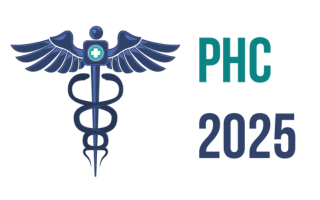Health Care & Diabetes
Diabetes is a chronic, metabolic disease characterized by elevated levels of blood glucose (or blood sugar), which leads over time to serious damage to the heart, blood vessels, eyes, kidneys and nerves. The most common is type 2 diabetes, usually in adults, which occurs when the body becomes resistant to insulin or doesn't make enough insulin. In the past three decades the prevalence of type 2 diabetes has risen dramatically in countries of all income levels. Type 1 diabetes, once known as juvenile diabetes or insulin-dependent diabetes, is a chronic condition in which the pancreas produces little or no insulin by itself. For people living with diabetes, access to affordable treatment, including insulin, is critical to their survival. There is a globally agreed target to halt the rise in diabetes and obesity by 2025.
Related Sessions
Tags
- Health Care & Diabetes Conference 2025
- Diabetes Conferences
- Diabetes Conferences2025
- Diabetes Congress
- Diabetes Meetings
- Diabetes Events
- Diabetes Summit
- Diabetes Symposium
- Diabetes Conference2025
- Diabetes Meetings2025
- Diabetes Congress2025
- Diabetes Summit 2025
- Diabetes Events 2025
- Diabetes Congress2025
- Diabetes 2025
- Diabetes Congress
- Diabetes Summit 2025
- Diabetes Seminar 2025
